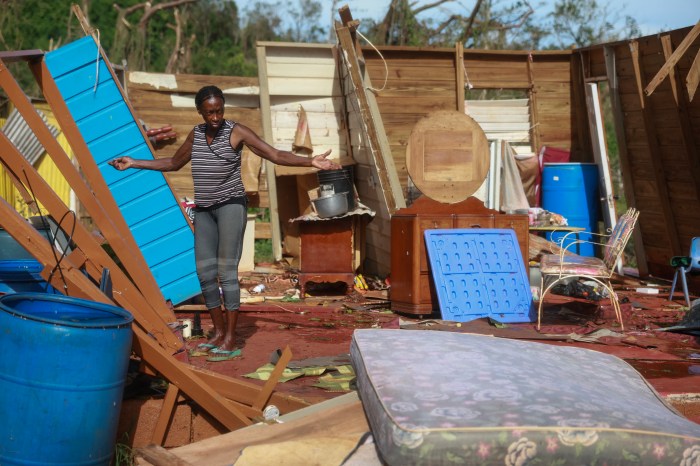The Inter-American Development Bank (IDB) says it has signed an amendment with the Japan International Cooperation Agency (JICA) to a 2011 Memorandum of Understanding and a 2012 Framework Agreement to support renewable energy and energy efficiency for the mitigation of climate change in Central America and the Caribbean.
Under this amendment, the target amount of JICA’s co-financing for this program, known as “Co-financing for Renewable Energy and Energy Efficiency” (CORE), will be increased to US$1 billion from a previous amount of US$300 million, “as well as the eligible beneficiaries will be expanded in Central America and the Caribbean,” said the IDB on March 29.
It said the amendment was signed between IDB President Luis Alberto Moreno and JICA’s Senior Special Advisor Kunio Okamura during the IDB’s 2014 annual meeting in Costa do Sauípe, Brazil.
The IDB also said the signing took place in the presence of Yasuhiro Hanashi, Parliamentary Secretary of the Ministry of Finance of Japan.
It said the co-financing program was a result of several agreements between the IDB and JICA, the most recent in March 2012, focusing on strategic partnerships on renewable energy and energy efficiency, “a key component of the bank’s response to climate change adaptation and mitigation.”
Under the terms of the bank’s General Capital Increase agreed by the board of governors in 2010, the IDB said it sets a target of 25 percent of total lending to be dedicated to climate change adaptation, environmental sustainability and renewable energy.
It said one of the key priorities of the JICA is to increase assistance and strengthen sustainable energy and climate change operations in Latin America and the Caribbean.
The IDB said the region’s global greenhouse gas (GHG) emissions rate is currently 12 percent, “which is relatively small but is expected to grow.”
In addition, it said the region contributes more to the GHG emissions per capita compared with other developing countries, such as China and India.
Since its establishment in 2012, the IDB said CORE mechanism has “proven to be an effective approach to promote renewable energy and energy efficiency in Central America and the Caribbean.”
It said the first co-financing loans under CORE have already been approved by IDB and JICA to fund renewable energy and energy efficiency programs in Nicaragua.
Using CORE funds, other renewable energy and energy efficiency projects are being developed in several countries, such as geothermal development in Costa Rica, said the IDB, adding that the amendment will expand the reach of the CORE program in Central America and the Caribbean.
The IDB said member-countries that already are eligible for JICA financing are: Belize, the Dominican Republic, El Salvador, Guatemala, Guyana, Honduras, Jamaica and Nicaragua.
It said it has agreed with JICA to expand CORE to include Costa Rica, Panama and Suriname, as well as the Caribbean Development Bank and the Eastern Caribbean nations of Dominica, Grenada, St. Lucia, and St. Vincent and the Grenadines.
Under the agreement, the IDB and JICA have created two different co-financing schemes: joint-co-financing, in which the IDB will match the financing provided by JICA in each project; and parallel co-financing, in which each organization will separately finance specific components of an eligible project.


























